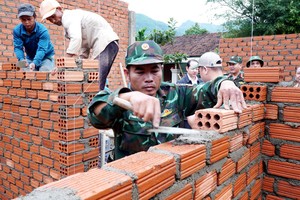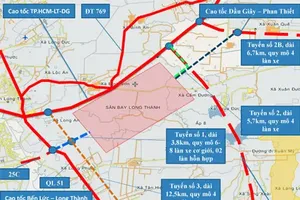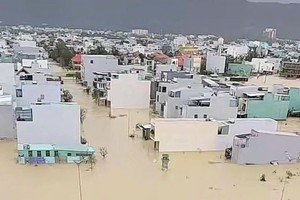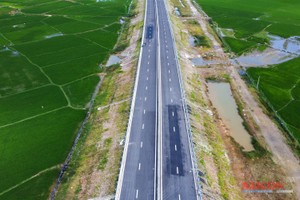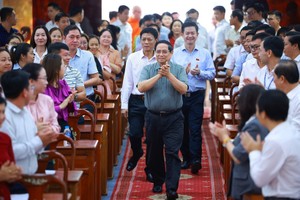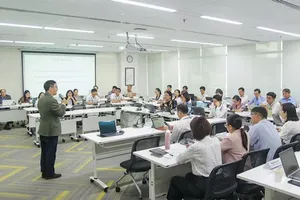Elderly Vietnamese people usually postpone regular health check-ups and medical treatment even though on average, they suffer from as many as seven diseases and conditions, said Director of National Hospital of Geriatrics, Phạm Thắng.
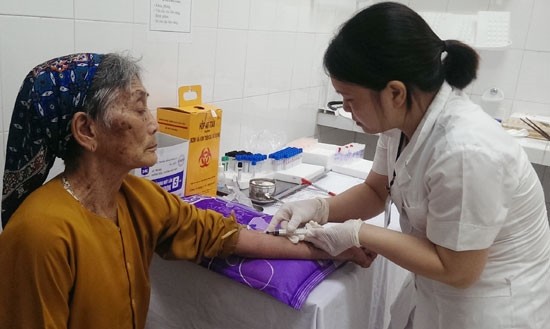
Thắng said the most common ailments among the elderly are respiratory disease, Alzheimer’s, high blood pressure, anaemia and diabetes.
He said elderly people and their caretakers should improve skills and understanding to prevent diseases and accidents.
“People usually think diseases are part of the signs of aging and take it for granted. As a result, they delay going to hospital for timely medical checkups and treatment,” he told the Nông thôn ngày nay (Countryside Today) newspaper.
They seek medical intervention only when their disease worsens, he said, and the delay makes it harder to and more expensive to treat them.
Thắng said there are about 10 million senior citizens aged 60 and up, accounting for over 10 per cent of the country’s population.
Their medications account for half of the country’s total outlay for medicines, according to the official.
Facilities fail to meet demand
“Improper preventive measures for the elderly add pressure on both the healthcare sector and social expenditures because more money is needed to save the elderly,” Thắng said.
He added that healthcare facilities for aging people in Việt Nam are modest and fail to meet the demand, particularly as the number of senior citizens is expected to increase to about 21.2 million by 2035, compared with 10 million last year and 6.9 million in 2010.
The country faces a shortage of experienced geriatric specialists who can treat patients with several concurrent diseases.
Such patients are treated in different hospital departments rather than in an all-inclusive geriatrics ward.
Each aging patients usually suffers from five to seven diseases and take 10-14 kinds of medicines daily, which can damage their liver and kidneys, Thắng noted.
Biggest problem: hypertension
A 65-year-old patient at the National Hospital of Geriatrics, Nguyễn Thị Thái of Hà Nội’s Chương Mỹ District, said that she suffered from a heart disorder and felt more tired in the last few days because of the summer heat.
However, she said, she still went to work in the rice field.
“I don’t think it’s necessary to go to see doctor whenever I’m not well,” she said.
“I was scared when doctors told me that my blood pressure had increased sharply, posing a high risk of a ruptured blood vessel,” she said.
“If I were paralytic, my family and I would have a more desperate life,” she said.
Vương Sỹ Hiền, 75 years old, of Hà Nội’s Ba Đình District said that for the last few years, he and his wife regularly went to for health check-ups after seeing friends suddenly suffered from serious diseases despite looking fit.
Dr. Tạ Hữu Ánh, head of the emergency department of the geriatric hospital, said most patients arrive suffering from heart attacks or broken legs because they and their caretakers did not know how to take preventive measures.
One of most common mistakes in looking after the elderly in Việt Nam is that they fail to keep their blood pressure stable. Up to 80 per cent of elderly Vietnamese suffer from hypertension but few are detected and treated properly, Ánh said.

